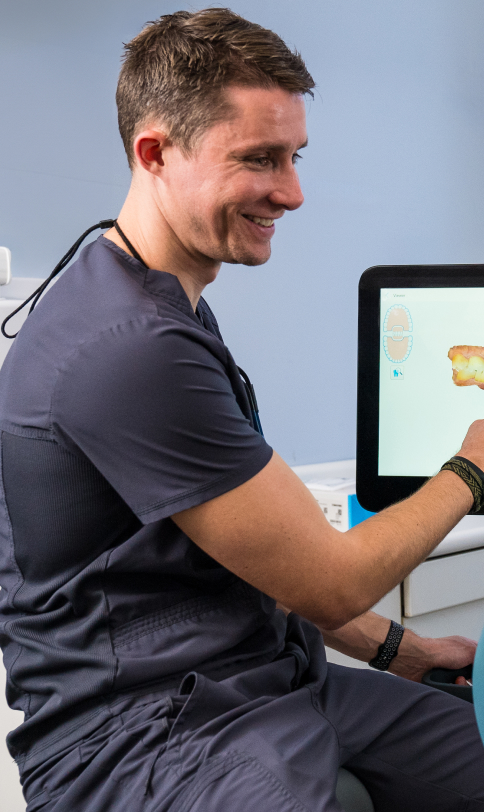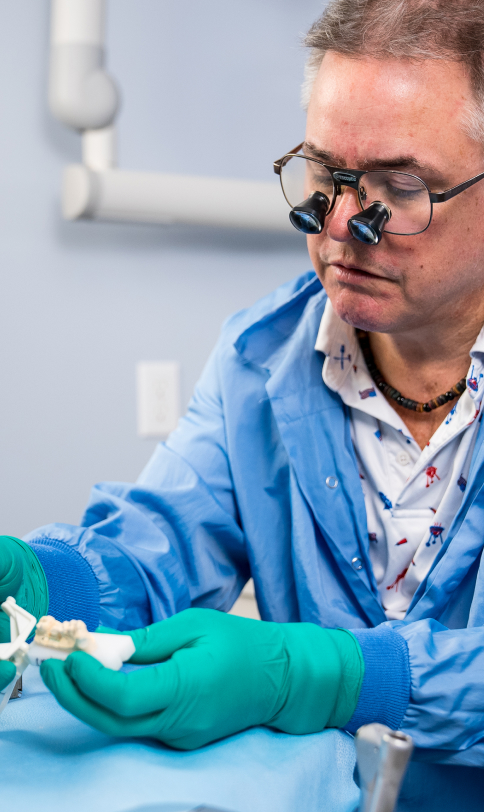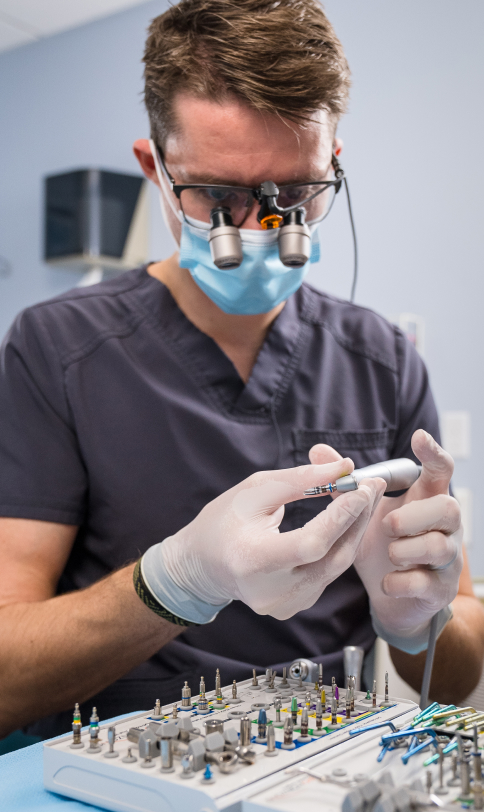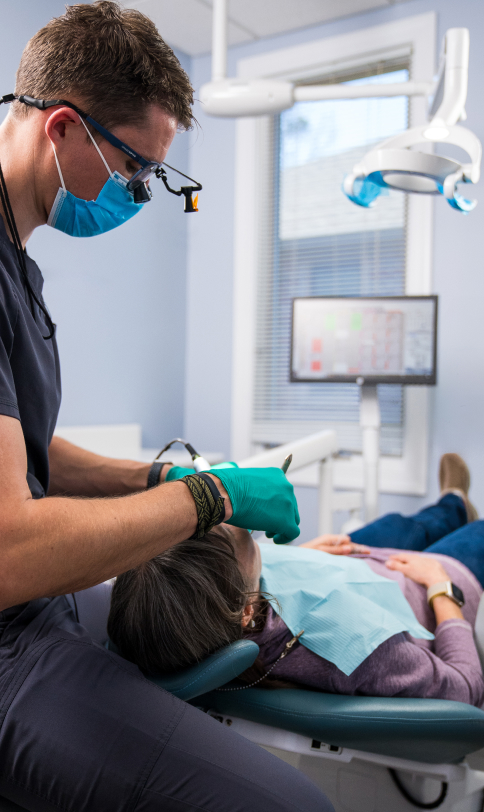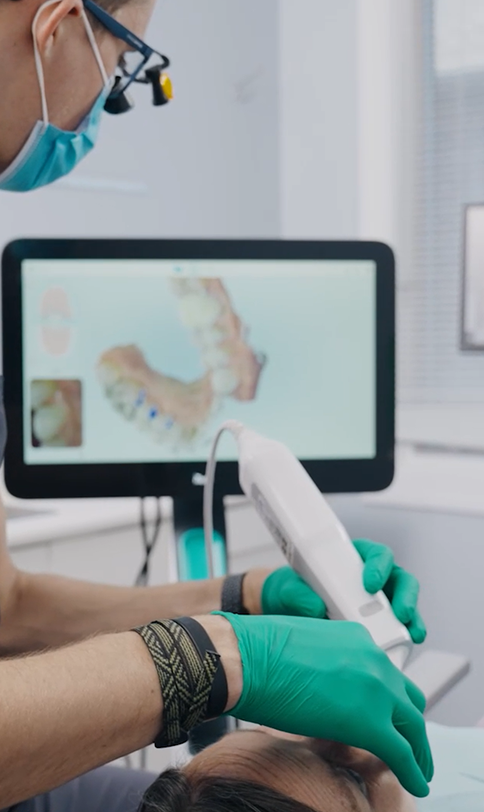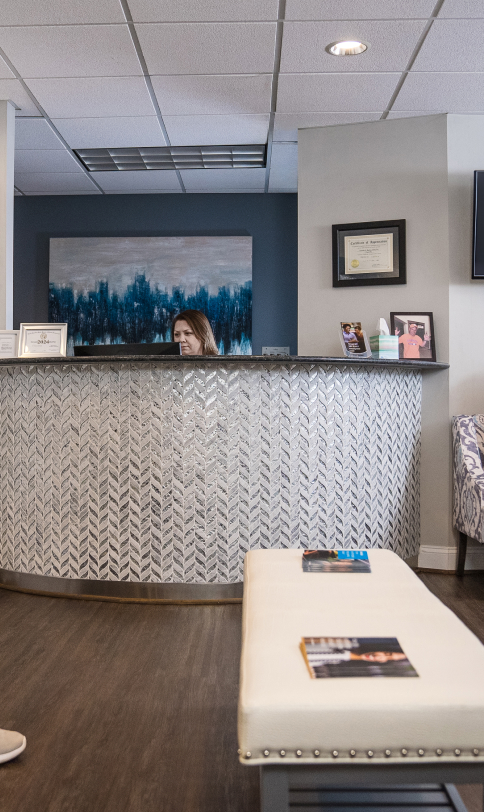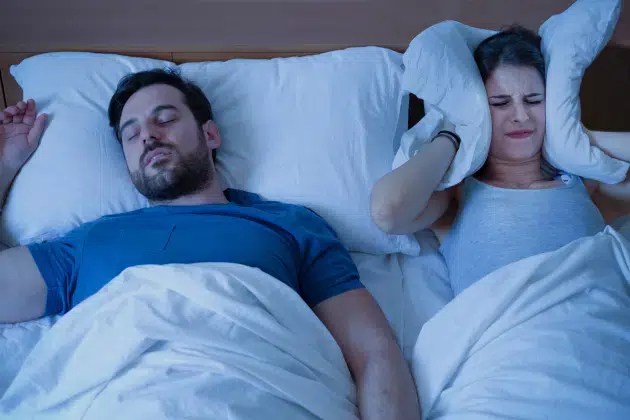
Signs of Possible Apnea
Effective treatment of sleep apnea can significantly enhance your daily life. This disruptive condition can impact both your sleep and waking hours. Fortunately, dental care offers viable solutions for managing sleep apnea.
At Legacy Dental, serving Cary and neighboring areas, we specialize in addressing sleep apnea and its associated challenges. Prioritizing your dental health can positively influence your sleep quality. Reach out to us today at (919) 859-5459 to arrange an appointment and discover how we can assist you further.
Understanding Sleep Apnea
Obstructive sleep apnea occurs when the upper airway is partially or completely blocked during sleep, placing extra strain on the diaphragm and chest muscles to draw air into the lungs. This can lead to shallow breathing or temporary pauses in breathing, often followed by abrupt gasping, snorting, or body jerks upon resumption of breathing.
It's common for individuals to be unaware of this condition, mistaking it for mere sleep deprivation. Dentists are often equipped to identify and address signs of sleep apnea, as its effects frequently manifest in the mouth and jaw.
"Obstructive sleep apnea occurs when something obstructs part or all of the upper airway during sleep, causing the diaphragm and chest muscles to exert extra effort in pulling air into the lungs."
Sleep Apnea and Other Sleep Disorder
Sleep disorders encompass a variety of conditions, categorized into six main groups: insomnias, hypersomnias, sleep-related breathing disorders, circadian rhythm sleep-wake disorders, parasomnias, and sleep movement disorders.
Insomnia involves difficulty falling or staying asleep, while hypersomnias lead to excessive daytime sleepiness. Parasomnias entail unwanted experiences during sleep onset, sleep, or awakening. Sleep apnea, a type of sleep-related breathing disorder, can contribute to parasomnias due to the stress caused by intermittent breathing interruptions. Similarly, circadian rhythm sleep-wake disorders involve misaligned sleep patterns, while sleep movement disorders disrupt sleep with excessive movements.
"Various types of sleep disorders exist."
Causes of Sleep Apnea
"It often comes as a surprise to many patients when they discover the connection between sleep apnea and dental health."
Recognizing Sleep Apnea
Certain demographic groups face a higher risk of developing sleep apnea. Aging increases the likelihood of this condition, particularly among younger men compared to women. Unhealthy lifestyle choices, such as heavy alcohol consumption, smoking, and poor dietary habits, can also contribute to its onset. Adopting healthier habits can potentially reduce the risk of developing sleep apnea.
Recognizing the signs of sleep apnea is crucial. Patients should be vigilant for symptoms like morning sore throat, excessive daytime fatigue, restless sleep, decreased libido, nocturnal awakenings, high blood pressure, and gastroesophageal reflux disease (GERD). In children, symptoms may manifest differently, including bedwetting, choking, drooling, excessive nighttime sweating, learning and behavioral difficulties, and academic performance issues.
"Children might display distinct symptoms of sleep apnea compared to adults."
Treating Sleep Apnea
Fortunately, there are various treatment options available for sleep apnea, including oral appliances. Patients deemed suitable candidates for oral appliances undergo teeth impressions and return for a fitting at a subsequent appointment. Additional sleep tests while using the device may be necessary to ensure its effectiveness. Follow-up office visits may also be needed for adjustments. These appliances are inconspicuous and convenient for travel, as they do not require electricity.
Other treatment options include continuous positive air pressure (CPAP) machines and surgery, which are more intensive interventions suitable for severe cases of sleep apnea. Our dentist in Cary NC can assist patients in determining the most appropriate treatment for their needs.


